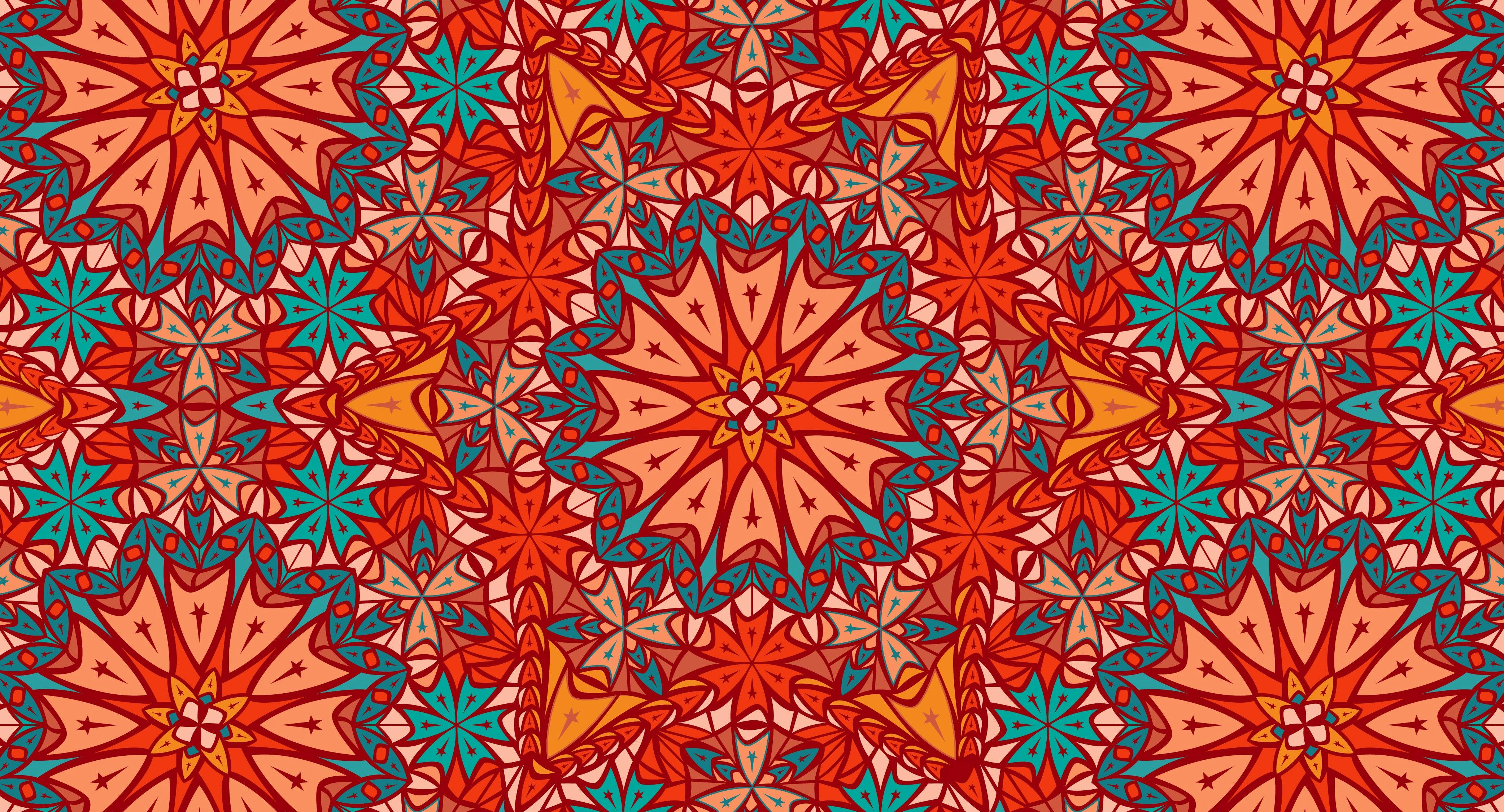Published Mar 26, 2023
Ramadan Reflections: Living Long and Prospering
'We see this time and again across Star Trek, from Klingons to Kelpiens, rituals offer meaning and a sense of sacredness to one’s being.'

StarTrek.com
This week over 1.8 billion Muslims worldwide will celebrate the arrival of the month of Ramadan. Fasting from all food, drink, and intimate relations during daylight hours, this is the time of year where almost a quarter of the Earth’s population is focused on spiritual renewal and introspection.
To the outside world, the rituals and rigor of Ramadan may seem somewhat Romulan. However, those acquainted with the diverse cultural phenomena of the Star Trek universe may be surprised to learn of the many spiritual parallels that exist between the franchises and the Islamic tradition.
Much like Roddenberry himself, Star Trek has a complex relationship with faith and yet in the Federation we have an almost utopian vision of unity in diversity. It’s not just that Starfleet protocol demands that religious beliefs and practices are respected, but rather “to seek out new life and new civilizations” is of the very founding principles of Starfleet itself.
This directive bears a striking similarity with an oft-quoted passage of the Qur’an, the scripture Muslims believe to be the unadulterated word of God. In this verse, God says to humanity “...(He) made you into nations and tribes, that you may know one another...” (49,13) While not quite a mandate for space travel, for almost a millennium and a half Muslims have been inspired by this verse to reach out, as equals, in fraternity and cooperation, across the divides of color, race, and creed. You can guarantee if we ever do make first contact, this is the verse the designated Muslim emissary would be reciting.
Curiously, the Qur’anic injunction for fasting the month of Ramadan touches on a similar thread of commonality. God says, “...fasting is prescribed for you, as it was prescribed for those before you, so that you may be mindful of God.” (2:183) Let’s break this down.
Firstly, we learn fasting is a prescription. Much like other forms of ritual worship, human or otherwise, when the formula is followed the believer is given the opportunity to experience spiritual healing and growth. We see this time and again across Star Trek, from Klingons to Kelpiens, rituals offer meaning and a sense of sacredness to one’s being.
Secondly, we see at the very heart of fasting in the Islamic tradition is the idea of a shared heritage. Muslims fast, the Qur’an tells us, just like the peoples of the past. Fasting, in some form or another, is a feature of every major faith on Earth and unsurprisingly, every major faith outside of Earth too. Thirty days without food and drink (not even water) from dawn to dusk in Ramadan may seem quite the challenge for the average human but it’s got nothing on Kahs-wan, the test of maturity for young Vulcans who must survive ten days without food, water, or weapons in Vulcan's Forge. Likewise, in Deep Space Nine we get to witness the fright of Worf’s Kal'Hyah, the four-day Klingon bachelor party that consists of fasting while facing trials of deprivation, blood, pain, sacrifice, anguish, and death. Fasting is also common practice in Bajor, they even have a month-long fast during the Bajoran Time of Cleansing — sound familiar?
The very notion of fasting transcends any one faith community. Beyond the physical benefits — which are all the rage of late — fasting as a spiritual discipline has much to offer and this brings us to the final segment of the verse above. Fasting is more than just being hungry and thirsty, it is not an end in and of itself, rather it is a means to obtain something else. The reason why Muslims fast, according to the Islamic scripture, is to attain a higher level of consciousness, specifically a mindfulness that centers around the Divine.
Muslim poet and mystic Rumi said, “Fasting is the first principle of medicine; fast and see the strength of the spirit reveal itself.” As the fast weakens our physical bodies, we are taught to become more conscious of the thoughts and emotions that bubble to the surface. Practicing self-control in this diminished state elevates our spirit. To the undisciplined, hunger breeds into volatile emotions, a most illogical but understandable reaction. The Prophet Muhammad, peace and blessings upon him, advised his fasting companions, “...if anyone insults you, then say: Indeed, I am fasting. If you are standing, then sit down.” There is something incredibly Vulcan-like in these words. In fact, Spock once said, "insults are effective only where emotion is present." The starved state tests the character and resolve of the fasting person.

StarTrek.com
Scholars of Islam refer to the abstaining of our physical desires as merely the first and most basic level of fasting. As mindfulness is nurtured, the faithful are able to achieve new levels of insights. We come to experience gratitude for what we have, empathizing with the poor and powerless. Fasting challenges us to become self-aware and practice self-restraint, inculcating self-discipline and control. The hope is that we learn to master our emotions and desires so that we are not mastered by them.
With the distractions of desire at bay, Ramadan offers us a unique opportunity for contemplation and meditation. To “reflect on the creation of the heavens and earth” is a recurring motif in the Islamic scripture, with the faithful concluding that “Lord, You have not created all this without purpose.” (Qur’an 3,191) A similar and profound rumination is offered to Data when he asks Picard about the nature of death:
“Considering the marvelous complexity of the universe, its... clockwork perfection, its balances of this against that, matter, energy, gravitation, time, dimension - I believe that our existence… is part of a reality beyond what we understand now as reality.”
Internalizing this sort of insight is at the very heart of what Ramadan is all about. The physical, mental, and emotional effort invested throughout the month gives rise to such spiritual fruits and offers believers a way to truly live long and prosper.
This article was originally published on April 16, 2021.
Dr. Bilal Hassam (he/him) is Director of TheMuslimAgency.com and tweets @bilalhassam.
In addition to streaming on Paramount+, Star Trek: Picard will also stream on Prime Video outside of the US and Canada, and in Canada can be seen on Bell Media's CTV Sci-Fi Channel and streams on Crave.
Stay tuned to StarTrek.com for more details! And be sure to follow @StarTrek on Facebook, Twitter, and Instagram.

